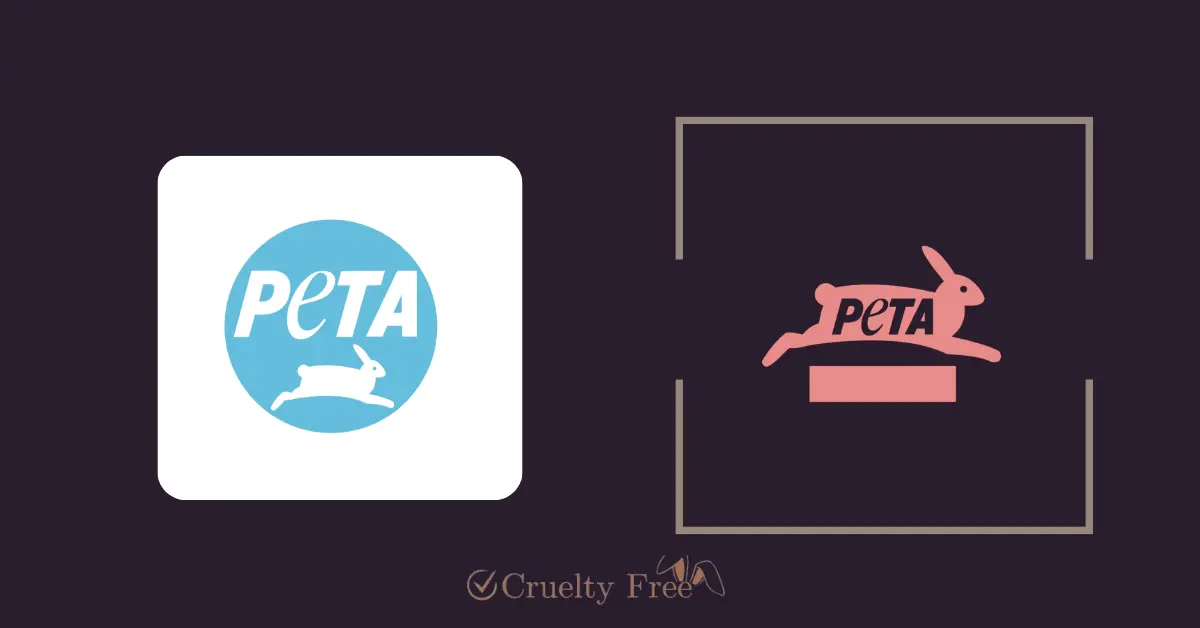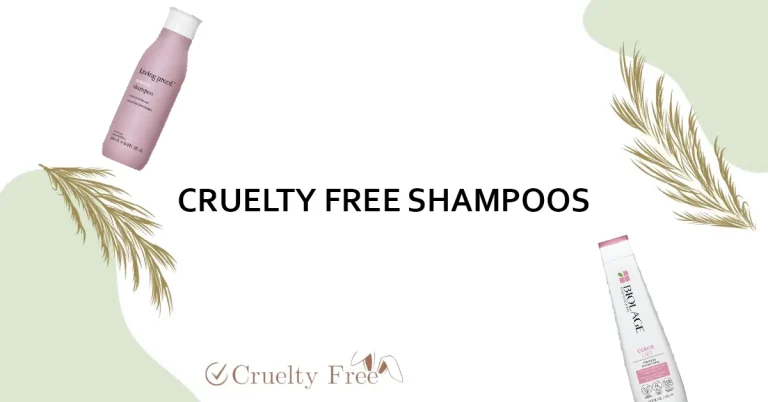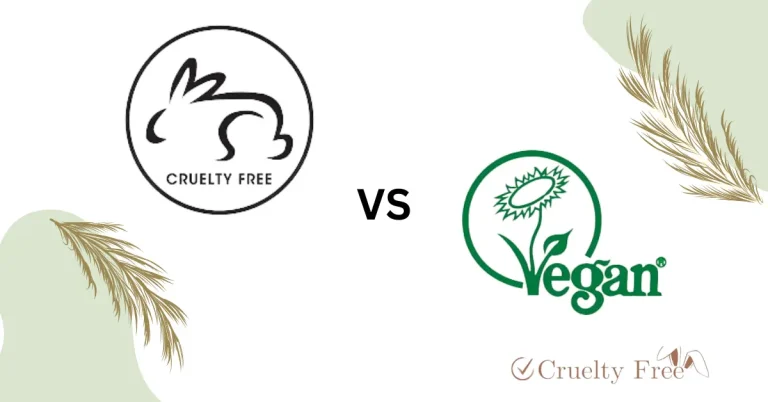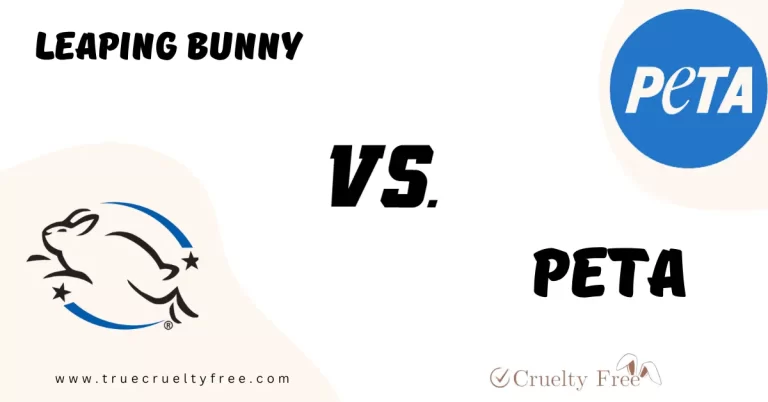What Does PETA Approved Mean in 2023? A Deep Dive into Ethical Consumer Choices
In today’s ethically conscious marketplace, consumers are more diligent than ever about understanding the values behind the products they buy. One certification that often stands out is the “PETA Approved” badge. But what does PETA approved mean, really? Is it simply a trendy label, or does it hold deeper significance in the realms of animal rights and sustainable consumerism? In this guide, we’ll delve deep into the criteria, significance, and implications of this esteemed designation, helping you make more informed and ethical purchasing decisions.
Decoding the ‘PETA Approved’ Badge
The “PETA approved” badge is not just a label; it’s a testament to a brand’s commitment to animal welfare and ethical production. While many might have seen the PETA approved badge, its deeper significance goes beyond just a logo. It ensures the products are cruelty-free, meaning no animal was harmed in its making. Particularly in sectors like cosmetics, this badge becomes vital given the historical reliance on animal testing.
Brands that sport this badge adhere to practices that are both humane and environmentally conscious. Furthermore, PETA’s role in the ethical consumer movement has been pivotal, helping raise awareness and pushing for changes in industry practices.

Standards & Criteria: Behind the PETA Seal of Approval
Earning the PETA Seal is not a walk in the park. Brands must meet rigorous criteria to sport this badge of honor.
From prohibiting animal testing to ensuring that no animal-derived ingredients are used, the standards set by PETA are comprehensive. This rigor ensures consumers can trust products with this badge. With advancements in technology, many companies now use computer simulations to avoid animal testing, further driving home the importance of ethical choices
Spotlight on Brands: Who Makes the Cut?
Not all brands are created equal. Here, we spotlight some of the champions of the PETA-approved movement.
While numerous brands claim to be ethical, those with the PETA approved badge walk the talk. From fashion giants to emerging cosmetic brands, the range of PETA-approved companies is vast. These brands not only prioritize animal welfare but often are at the forefront of sustainability and ethical sourcing.
| Label | Meaning |
|---|---|
| PETA-Approved | Products or brands that adhere to strict cruelty-free and ethical standards set by PETA |
| Cruelty-Free | Products not tested on animals and without animal harm during production |
| Vegan Certification | Products free of all animal-derived ingredients and materials |
| Animal Rights | The belief that animals deserve certain rights, including the right to humane treatment |
| Factory Farming | Intensive farming practices where animals are raised in large numbers, often inhumanely |
| Fur-Free | Products made without the use of animal fur |
Beyond the Badge: Ethical Consumerism in a Global Context
The PETA approved badge is a part of a global shift towards more ethical consumption.
Countries like the UK and Netherlands have seen a surge in ethical consumerism. The demand for cruelty-free products in these regions and beyond is a testament to changing global mindsets. Brands worldwide are realizing that modern consumers demand transparency, ethical sourcing, and a commitment to global welfare.
Challenges, Costs, and the Future of Ethical Products
While the benefits of being PETA-approved are many, brands often face challenges and hurdles in this journey.
From increased production costs to navigating the intricate web of ethical sourcing, brands often have to overcome numerous challenges. However, with an informed consumer base willing to pay a premium for ethical products, the future looks bright.
FAQ
Conclusion: Embracing Ethical Choices
As consumers, our choices have the power to shape industries. By supporting PETA-approved brands, we’re championing a brighter, cruelty-free future.
The journey towards a cruelty-free world is long and challenging, but with organizations like PETA leading the charge and consumers becoming more aware, the change is palpable. By choosing PETA-approved products, you’re not just buying an item but making a statement.
- Is Neutrogena Cruelty-Free in 2024? A Comprehensive Analysis - March 26, 2024
- Is BareMinerals Cruelty-Free in 2024? Embracing Ethical Beauty - March 19, 2024
- Beauty & Ethics Unite: The Must-Read Guide to Cruelty-Free VS Vegan Products in 2024 - March 13, 2024





3 Comments